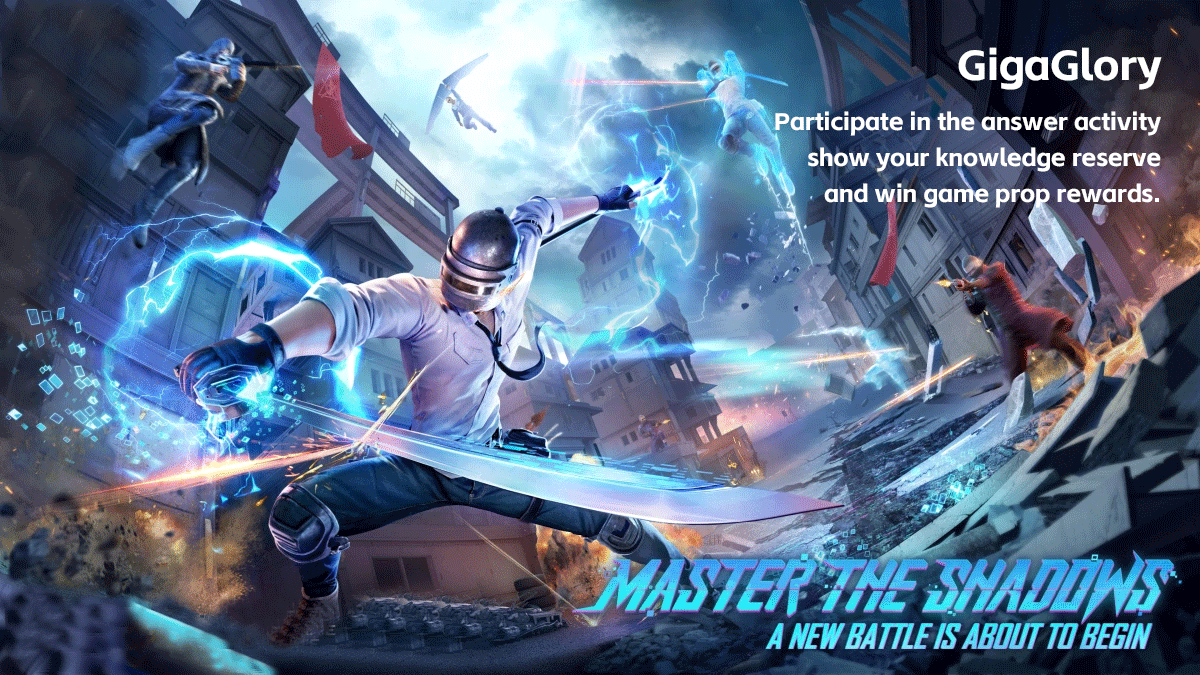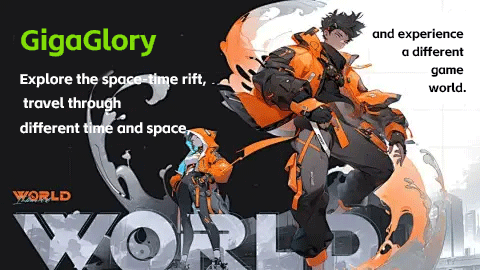Unlocking Creativity: How Building Games Transform Resource Management Strategies
Building games have long been a crucial part of the gaming landscape, captivating players with their rich environments and intricate systems. But beyond the thrill of construction and creativity, these games offer profound lessons in resource management, transforming how players approach strategies in both virtual and real worlds. In this article, we will delve deep into the intersection of building games and resource management, exploring how they unlock creativity and foster innovative approaches to handling various resources.
What Are Building Games?
At their core, building games invite players to create and manage their own environments. These can range from simple, block-based systems to more complex simulations incorporating physics and AI. Titles like Minecraft and Cities: Skylines have captivated millions, demonstrating the appeal of crafting unique worlds where players are in control.
The Essence of Resource Management in Games
Resource management games focus on acquiring, utilizing, and sustaining various materials or assets to achieve certain goals. Players must navigate limited resources while ensuring their virtual empires or ecosystems thrive. Understanding these mechanics can translate into valuable skills for real-world applications, such as project management or logistical planning.
Why Building Games Matter for Resource Management
The interactivity and freedom provided by building games create an environment conducive to experimentation. Players learn from trial and error, gaining insights into optimal resource allocation and strategic planning.
Creative Thinking and Problem Solving
Engaging with building games broadens a player's ability to think creatively. Faced with limited resources, players must devise unique solutions to overcome challenges. This not only fosters innovation but also enhances analytical skills.
Impact of Resource Scarcity
In many building games, resource scarcity is a significant driving force that shapes gameplay. When resources are limited, players must prioritize which aspects of their creations to develop. This experience mirrors real-life economic situations where resources are finite, teaching valuable lessons about prioritization and decision-making.
Real-World Applications of Skills Learned in Building Games
The strategic thinking and resource management skills honed in the gaming world can find applications in a multitude of sectors, from business management to environmental conservation. Players often develop a keen awareness of sustainability issues, understanding the long-term consequences of resource mismanagement.
Examples of Building Games Enhancing Resource Management
| Game Title | Resource Management Elements | Key Lessons |
|---|---|---|
| Minecraft | Farming, mining | Resource renewal practices |
| SimCity | City infrastructure | Long-term planning |
| Factorio | Industrial production | Optimization and efficiency |
Building Games as Educational Tools
Educators have begun to recognize the value of building games as educational tools. By integrating these games into curriculums, instructors can enhance students' understanding of complex concepts such as economics, environmental science, and mathematics.
Unlocking Potential through Collaborative Play
Many building games feature collaborative elements, allowing players to work together towards common goals. This fosters teamwork and communication skills, essential in both educational and professional settings.
Why Do Players Continue to Engage with Resource Management Games?
Humans are drawn to challenges. Resource management games provide a platform for players to not only test their skills but also to explore a sense of achievement as they overcome obstacles. The constant cycle of planning, execution, and evaluation keeps players engaged and coming back for more.
The Future of Building and Resource Management Games
As technology evolves, so too will the complexity and interactivity of building games. With advancements in AI, virtual reality, and community engagement tools, players will experience even more immersive environments, further enhancing the lessons learned regarding resource management.
Potential Challenges for Players
Despite the rich experiences provided by building games, players may encounter challenges such as resource mismanagement or game crashes. For instance, many users have reported issues, like "why does Apex Legends keep crashing during every match Windows 8?" while focusing on games requiring robust resource management skills. These issues necessitate patience and adaptability, further mirroring real-world complexities.
Creating a Sustainable Virtual World
Building games allow players to simulate sustainability practices. Players can experiment with renewable resources, conservation practices, and environmental stewardship, enabling them to visualize the impacts of their decisions.
Key Takeaways from Building Games and Resource Management
- Creativity is Unlocked: Players engage in inventive thinking to address resource challenges.
- Resource Scarcity: In-game limitations replicate real-world economic principles.
- Real-World Skills: Lessons learned are applicable to various industries and sectors.
- Educational Value: Building games can enhance learning outcomes in academic settings.
- Community and Collaboration: Teamwork enhances engagement and problem-solving skills.
Conclusion
Building games serve as a portal to explore and understand resource management in a thoroughly engaging and creativity-enhancing manner. They not only entertain but also equip players with essential skills applicable in diverse real-world contexts. As players build, create, and manage resources, they unlock new dimensions of thinking that transcend the virtual realm, preparing them for future challenges. Embrace the transformative power of building games, and discover how they can revolutionize not just gameplay but also the very way we approach resource management.



